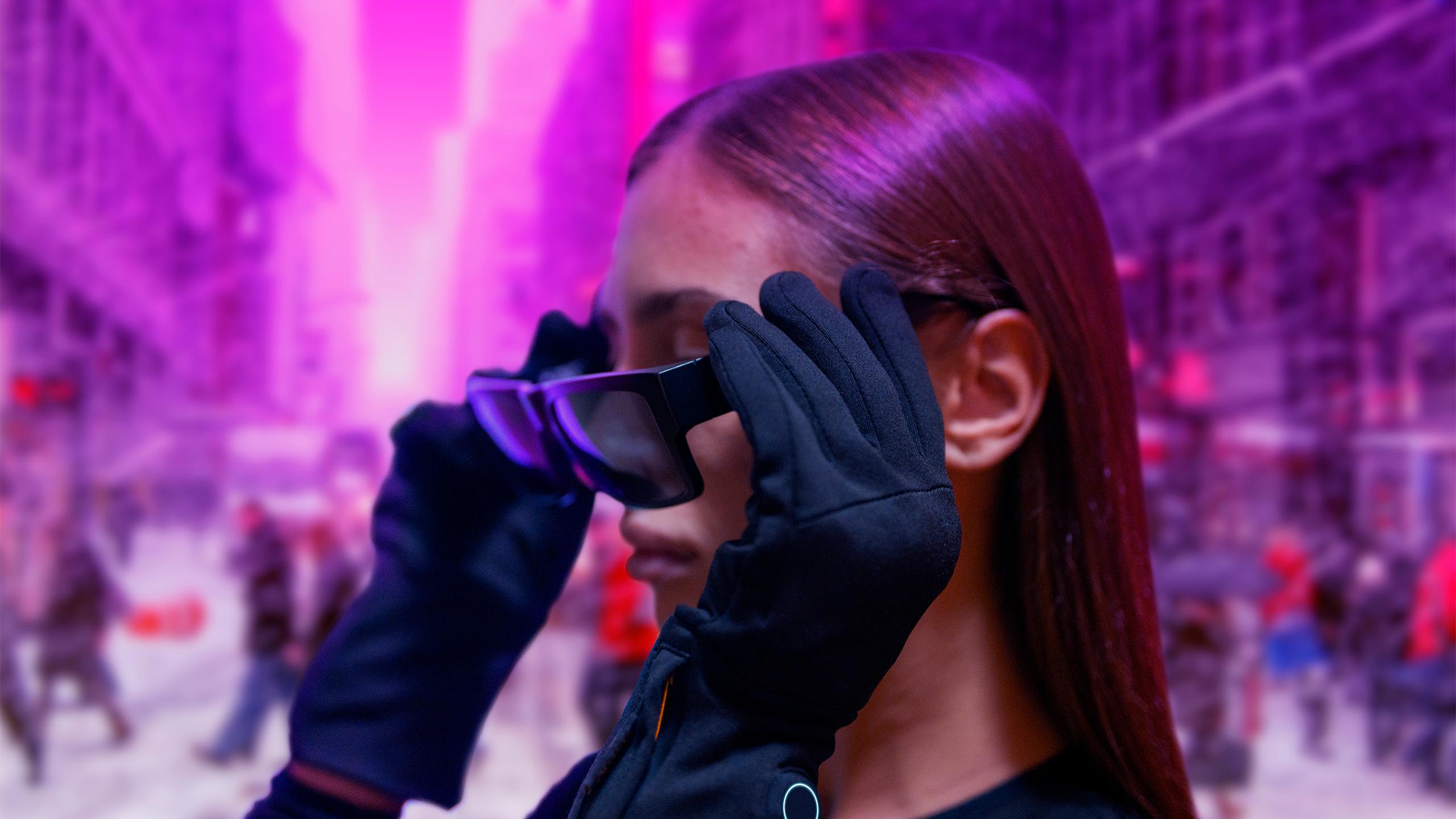By Edward Djan
A Ryerson alumnus’ company is heating up the tech world with its line of apparel designed to deal with the bitter temperatures of a Canadian winter.
Adrien Beyk, a 2017 graduate of Ryerson’s computer engineering program, is the founder and CEO of Quanta Vici, a startup that specializes in smart gloves and socks.
Beyk created the company after noticing that traditional heating wearables lacked the technology to allow users to personalize their experience.
Beyk said the team was looking for a “truly viable personal heating solution.”
“Going out there doing our primary market research and our secondary market research, the data was clear that people know heating wearables have existed for decades, but they don’t fit in our daily lives.”
Part of the problem with heating wearables for Beyk was the “bulky” layout of the technology and how it prevented people from doing everyday tasks using their hands.
Quanta Vici’s gloves and socks work like a thermostat, allowing users to set a goal temperature which then adapts based on a person’s body temperature.
The wearables can provide over six hours of heat with a temperature setting reaching up to 50 C, according to Quanta Vici’s website. Users can control the temperature of their gloves and socks using an app the company created.
The app can also send users notifications if they leave their wearables behind when paired with their smartphone. The app is currently available for Android users to download, but according to the company’s Kickstarter campaign, they plan to expand to iOS devices.
“It’s really important for me to work with different mentors at any given time because there’s so much to learn from them”
Beyk credits several Ryerson groups and awards, including the iBoost Zone and the Norman Esch Engineering Innovation and Entrepreneurship Awards, for providing funding and mentorship help.
“It’s really important for me to work with different mentors at any given time because there’s so much to learn from them. Here are these experienced people who are years ahead of you. Every word they say in my experience is a gold mine,” said Beyk.
One particular person Beyk is thankful for is Tarek Sadek, director at the Centre of Engineering Innovation and Entrepreneurship, a facility dedicated to engineering and architectural science students who are interested in entrepreneurship.
“Tarek gave [Quanta Vici] a lot of tough love to get my business plan in place, to really get out there and start networking to see if people would actually put a dollar down for this product,” Beyk said, adding that Sadek’s involvement helped him secure grants for his company and create a business plan that has made Quanta Vici a success.
Sadek credits Beyk’s persistence as the reason why he became a successful entrepreneur.
“He doesn’t give up. Starting a hardware company is not an easy thing, in Canada or in the world,” Sadek said. “He was willing to take the criticism. I give him feedback and he will spend two nights without sleep and redo his business plan and come back.”
Sadek’s hope is for students to learn from Beyk and chase their dreams and follow his path.
“When I find someone like Adrien who is very passionate, is willing to come and take our feedback and go and improve…it gives us [professors and instructors] the motivation to keep going.”
Anthony Lau, an entrepreneur-in-residence at the DMZ, is another person who helped him launch the company, Beyk said. Lau, who assisted Beyk with the design of his wearables and his crowdfunding campaign, said Beyk’s originality played a role in the success of his company.
“He’s never lost energy along the way. I love the fact that he takes ideas and internalizes them and then comes out with his own version of it rather than either just ignoring it or just copying it from other people.”
Beyk said he plans on expanding the current assortment of products Quanta Vici currently has to offer, branching out to both the accessibility and fashion spaces. Currently, a pair of socks and gloves together is over $400. While a quick search on Amazon will show companies selling heated gloves and socks for over $1,000, Beyk said his team is working on reducing the price of the wearables to be more accessible.
“This product, bringing manufacturers together, achieving this level of quality, bringing this many features, something that has never been done before, all leads up to a high production cost,” Beyk said. “We are doing our best to lower the costs.”
Beyk added that he is working on a discount system for students and users with medical needs to make the product more accessible.













Leave a Reply